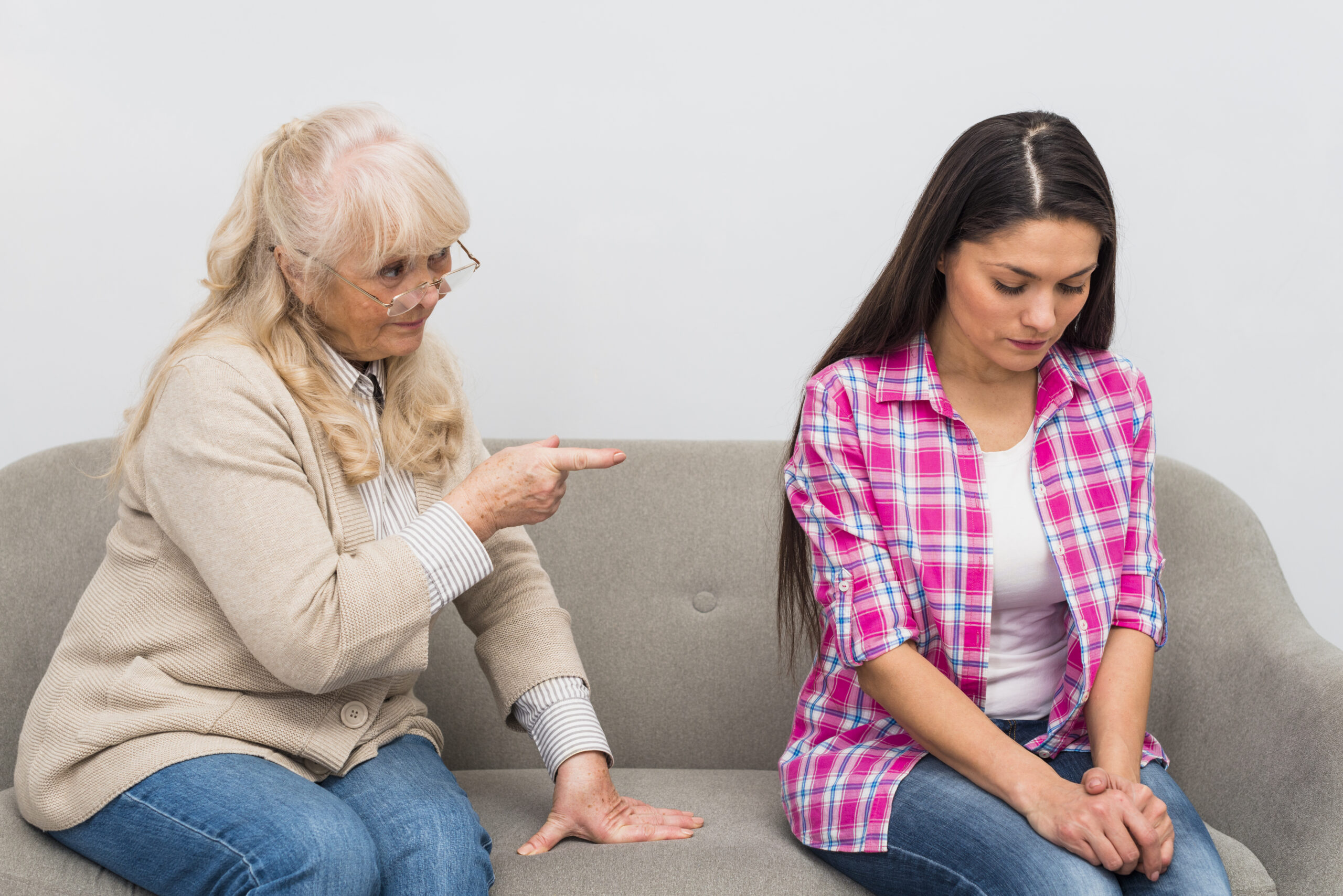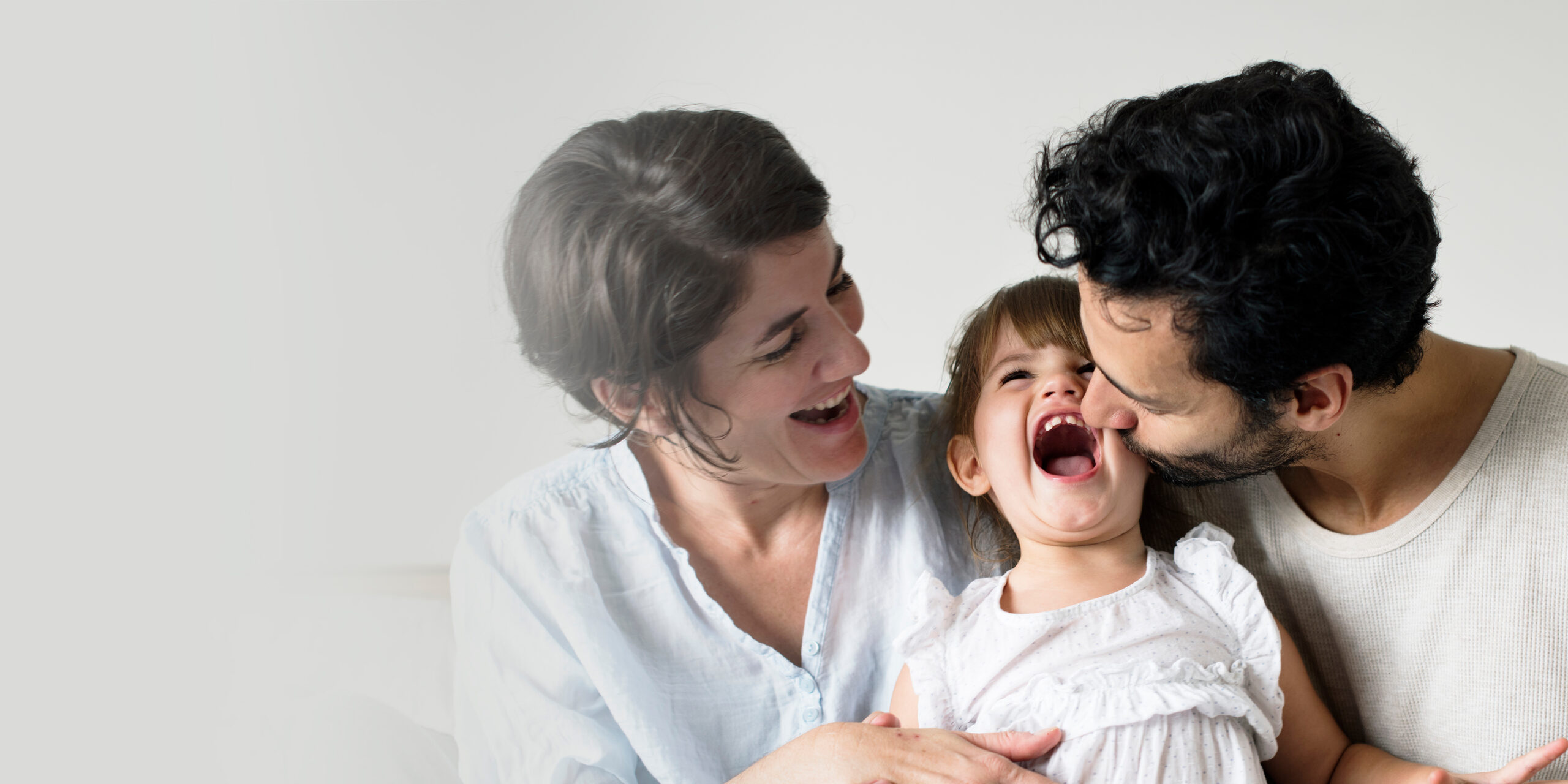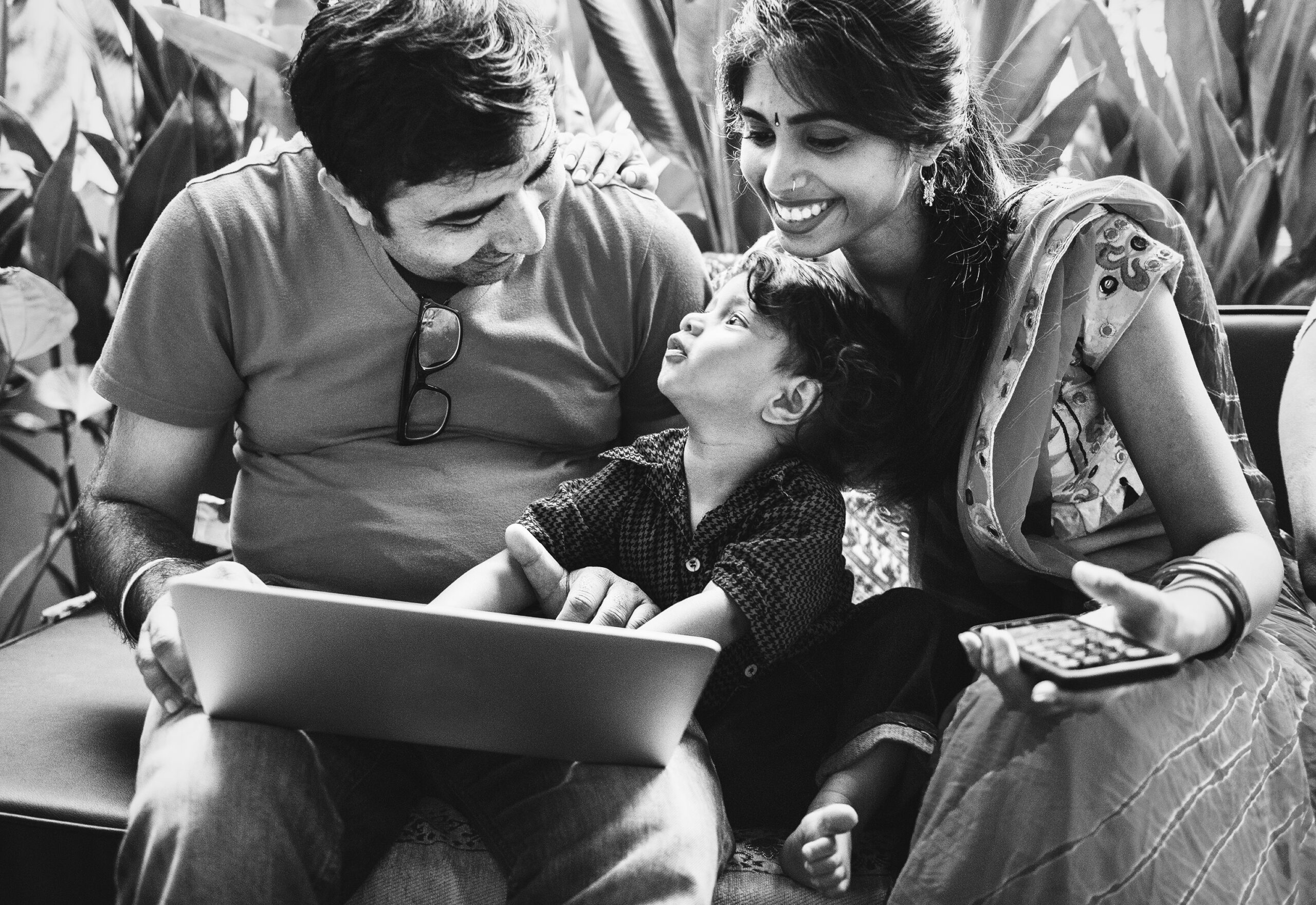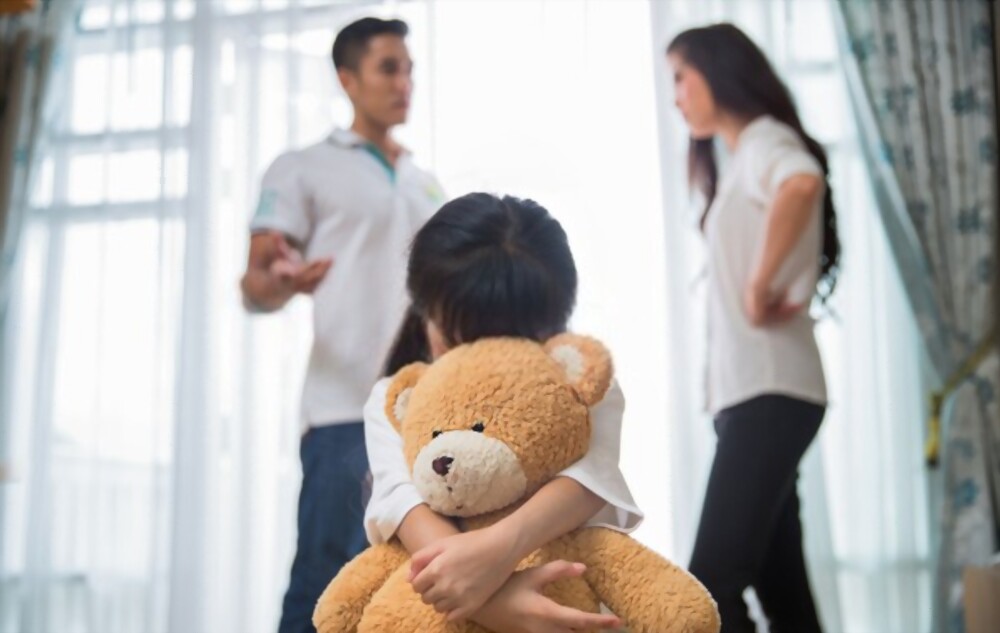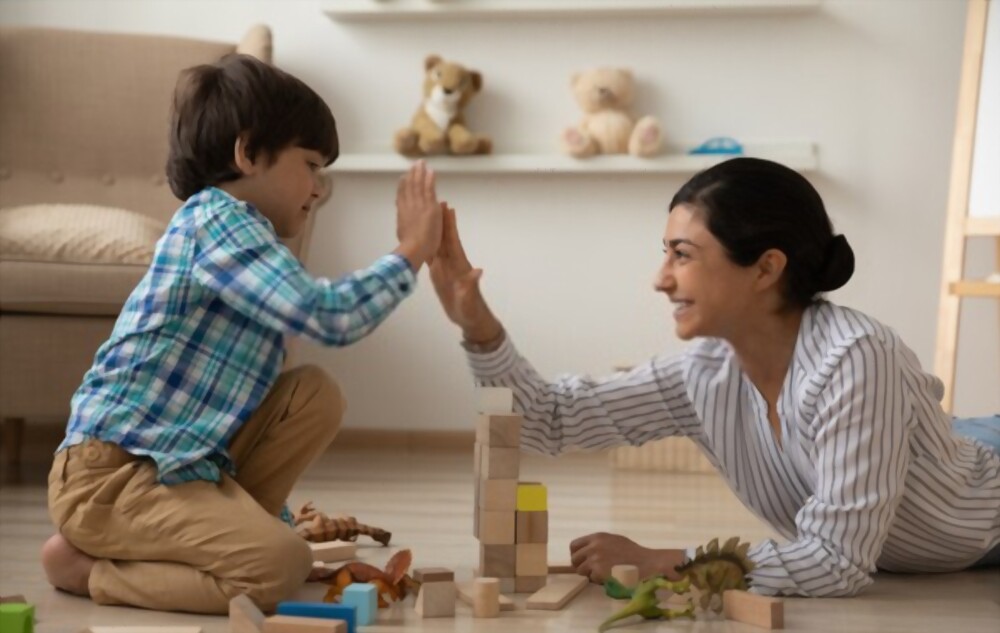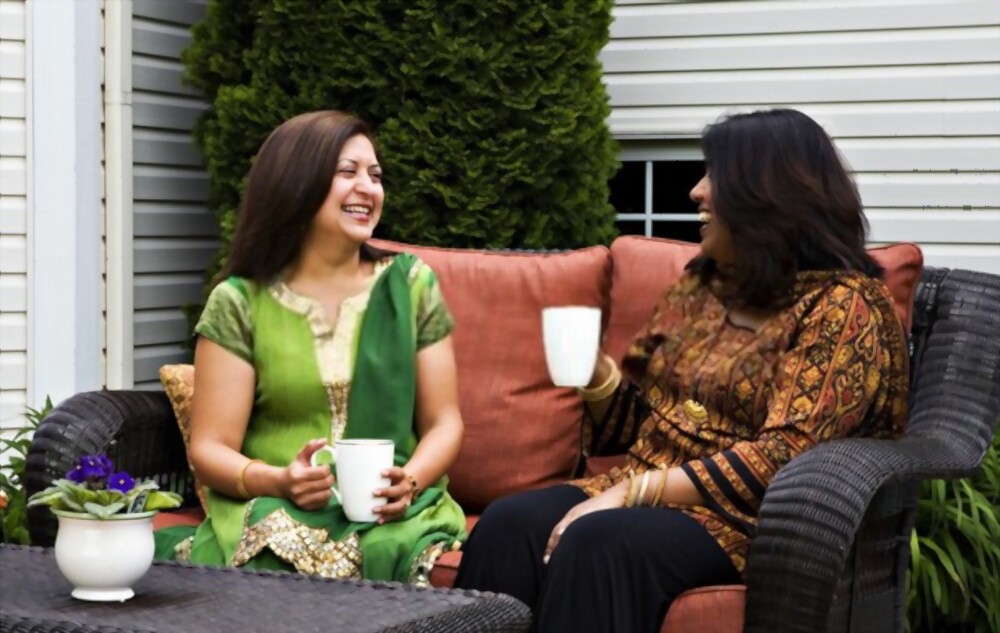
Life no longer remains the same post having a child. Your priorities change and have to be aligned with the needs of the child. This means you may not be able to hang out with your colleagues post work for coffee anymore. Nor can you get out to meet your college buddies for a quick bite in the middle of the day. Especially when you’re the only parent in the group.
The parenting guides from We Positive Parenting, Ahmedabad’s top counselling centre for parents and children, suggest that instead of sitting out and being a loner, parents must get out, make newer connections with other parents and build friendships with them.

Parenting will get challenging with every passing year, but when you have a strong friendship with other parents, it gets easier with the exchange of knowledge, ideas and support from fellow parents. Here’s our ultimate guide to building great parent friendships and how they can benefit you.
New activities for new friends
Now that you have a child, it doesn’t mean you have to get cut out from your old group of friends. Instead, it gives you the opportunity to welcome new and interesting people into your lives, in the form of other parent friends. All you have to do is be open, accepting and active.
The first place where you can find like-minded parents to be friends is the school. Since many schools involve the parents to participate in various activities with their children too, there are chances of you meeting many new people and click with them. Volunteer yourself to participate in various parent-child activities where you get to interact and bond with other parents.
Another great suggestion for a parent bonding cum friendship building activity is to host homework or study sessions for their kids together. This way, not only do you get to exchange ideas on teaching your kid, but you can get their school work done on time too.

You can then take this relationship further by inviting the parents over for fun potluck dinner on weekends, where your kids get to play with each other outside the school environment, while you get to chat with the other parents. Initiate conversation with them without expecting anything. Maybe the other parent is also feeling as nervous as you are. And maybe he/she will be later grateful to you for taking the lead. Be proactive and introduce yourself to other parents at such events.

